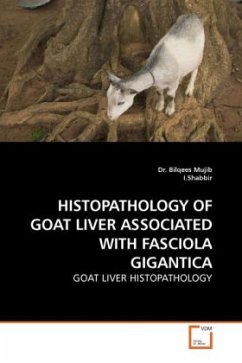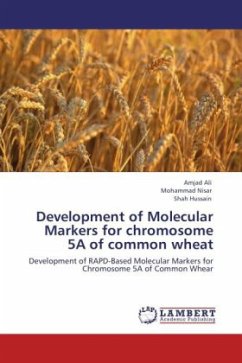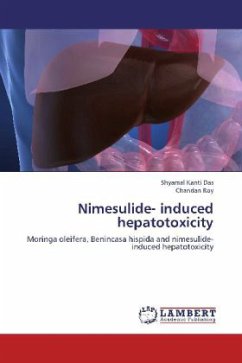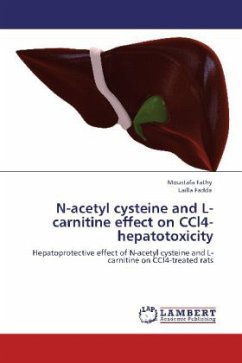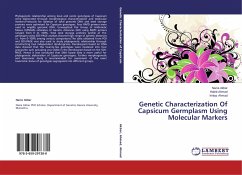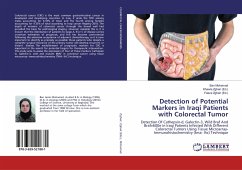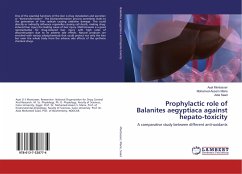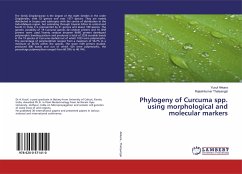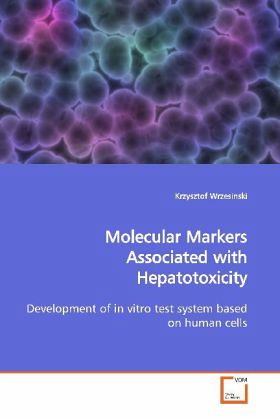
Molecular Markers Associated with Hepatotoxicity
Development of in vitro test system based on human cells
Versandkostenfrei!
Versandfertig in 6-10 Tagen
52,99 €
inkl. MwSt.

PAYBACK Punkte
26 °P sammeln!
Pharmaceutical and, to a lesser degree, most otherconsumer products are routinely tested for safety.Traditionally preclinical toxicological studies areperformed on animals. Metabolism of drugs and toxiccompounds in many cases is different in test animalsand humans. As a consequence results of toxicologicalstudies in animals can lead to false conclusions andtermination of development of drug candidatespotentially beneficial to humans and also tocontinued development of drug candidates that latershow to be toxic to humans. This book presentsdevelopment of an in vitro human cells based testsystem...
Pharmaceutical and, to a lesser degree, most other
consumer products are routinely tested for safety.
Traditionally preclinical toxicological studies are
performed on animals. Metabolism of drugs and toxic
compounds in many cases is different in test animals
and humans. As a consequence results of toxicological
studies in animals can lead to false conclusions and
termination of development of drug candidates
potentially beneficial to humans and also to
continued development of drug candidates that later
show to be toxic to humans. This book presents
development of an in vitro human cells based test
system that is suitable for pre-clinical studies of
drugs and assessment of adverse effects of various
chemical compounds. The system is based on rotary
vessels that simulate growth in microgravity
conditions allowing the cells to grow continuously
for months and create cell conglomerates that
resemble normal liver tissue. Testing of drugs can be
performed for hours or weeks/months to follow acute
or chronic toxicity respectively.
consumer products are routinely tested for safety.
Traditionally preclinical toxicological studies are
performed on animals. Metabolism of drugs and toxic
compounds in many cases is different in test animals
and humans. As a consequence results of toxicological
studies in animals can lead to false conclusions and
termination of development of drug candidates
potentially beneficial to humans and also to
continued development of drug candidates that later
show to be toxic to humans. This book presents
development of an in vitro human cells based test
system that is suitable for pre-clinical studies of
drugs and assessment of adverse effects of various
chemical compounds. The system is based on rotary
vessels that simulate growth in microgravity
conditions allowing the cells to grow continuously
for months and create cell conglomerates that
resemble normal liver tissue. Testing of drugs can be
performed for hours or weeks/months to follow acute
or chronic toxicity respectively.




